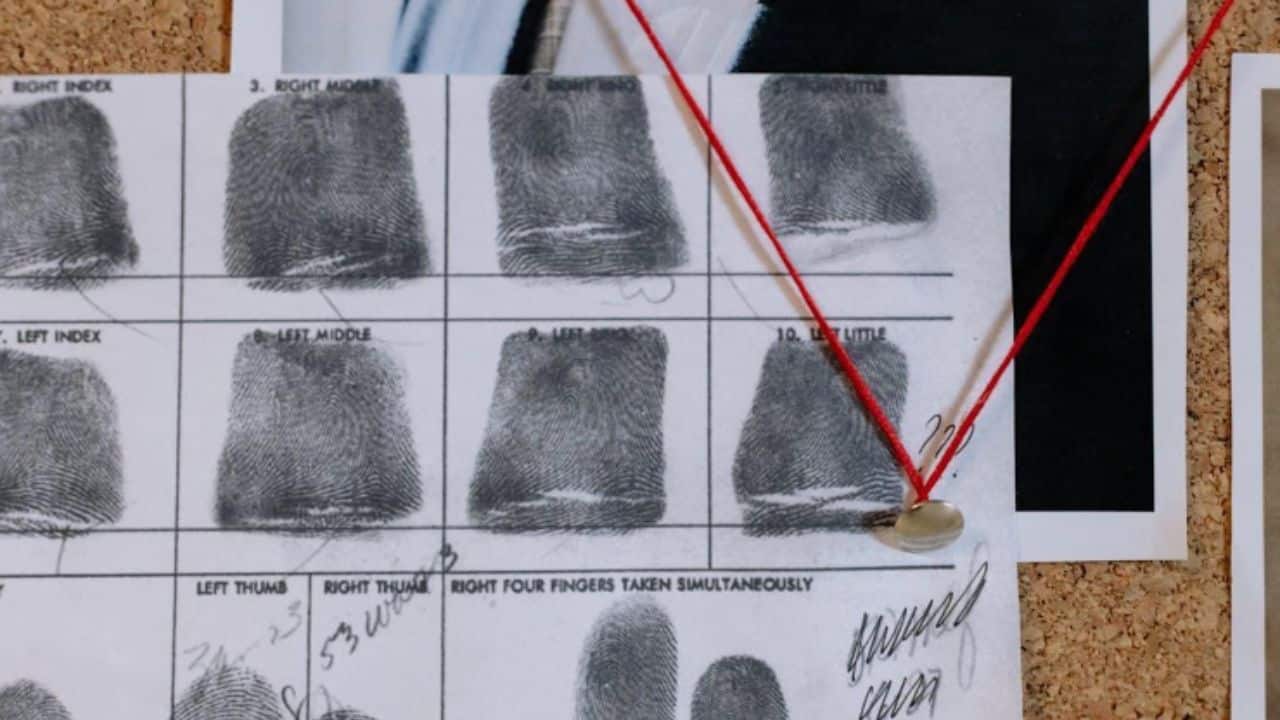A criminal record can present major obstacles when trying to find a job, secure housing, or apply for loans. Fortunately, record expungement offers a legal process for clearing your criminal record and starting with a clean slate in many situations. This guide will walk through the key steps and considerations around pursuing record expungement.
What is Record Expungement?
Record expungement is the process of sealing criminal records from public view and essentially clearing your record. With an expunged record, you will legally be able to deny ever having been convicted of a crime.
According to Peter Blair a San Diego criminal attorney at Blair Defense Criminal Lawyers, each state has its laws and regulations around criminal record expungement. While processes vary, expungement typically involves petitioning a court to seal your criminal record from public databases. If approved, your record will still exist in some archives but will no longer appear in background checks by potential employers, landlords, or lenders.
Should I Pursue Expungement?
If you have a criminal record, expungement offers many potential benefits. According to a study by the Crime & Justice Research Alliance, 9 out of 10 individuals who applied for record expungement were eventually able to clear their criminal records completely.
The impacts of expungement include:
- Increased employment opportunities – Expungement has been shown to significantly improve ex-offenders’ job prospects and earning potential.
- Reduced recidivism rates – Individuals who had their records expunged are less likely to reoffend compared to those who did not, according to research.
- Improved access to housing and aid – Expunged records can open doors to rental applications, mortgages, and government assistance programs.
Expungement success rates and eligibility rules vary by state. Consulting with a lawyer is the best way to understand your options.
How Does the Expungement Process Work?
The expungement process involves several key steps:
- Review your criminal record and research state laws – Understand which of your charges are eligible for expungement based on your state’s regulations. Certain serious felonies may not qualify.
- Obtain required documents – This may include details on your arrest, conviction, completion of sentence, and criminal history report.
- Complete expungement petition forms – Each state has its own forms to apply for expungement. Be thorough and accurate when completing these petitions.
- File forms with the court – Submit your expungement petition and all required supporting documents to the proper court. Filing fees often apply.
- Attend your expungement hearing – If required in your state, attend your court hearing. Arrive early and dress professionally. Some states process expungements without hearings.
- Receive the court’s decision – If approved, you’ll receive a court order documenting your expunged criminal record. Expunged cases can take 30-90 days to clear from background check databases.
Undergoing the expungement process without a lawyer can be challenging. Consider hiring a criminal defense attorney experienced in record expungement to guide you through the process start to finish. An attorney can also advocate on your behalf during any required hearings.
State-by-State Variations
It’s important to understand that expungement laws and success rates vary significantly between states. For example, a study found that just 13% of individuals were able to clear their records through self-guided expungement. However, nearly 90% achieved successful expungement when going through a structured legal program.
Consult with a local lawyer to understand your eligibility and path to clearing your record based on your state’s specific regulations. With the right legal guidance, expungement offers a powerful second chance for qualified individuals. An expunged record can open the door to employment, housing, financial assistance, and a more positive future.





































